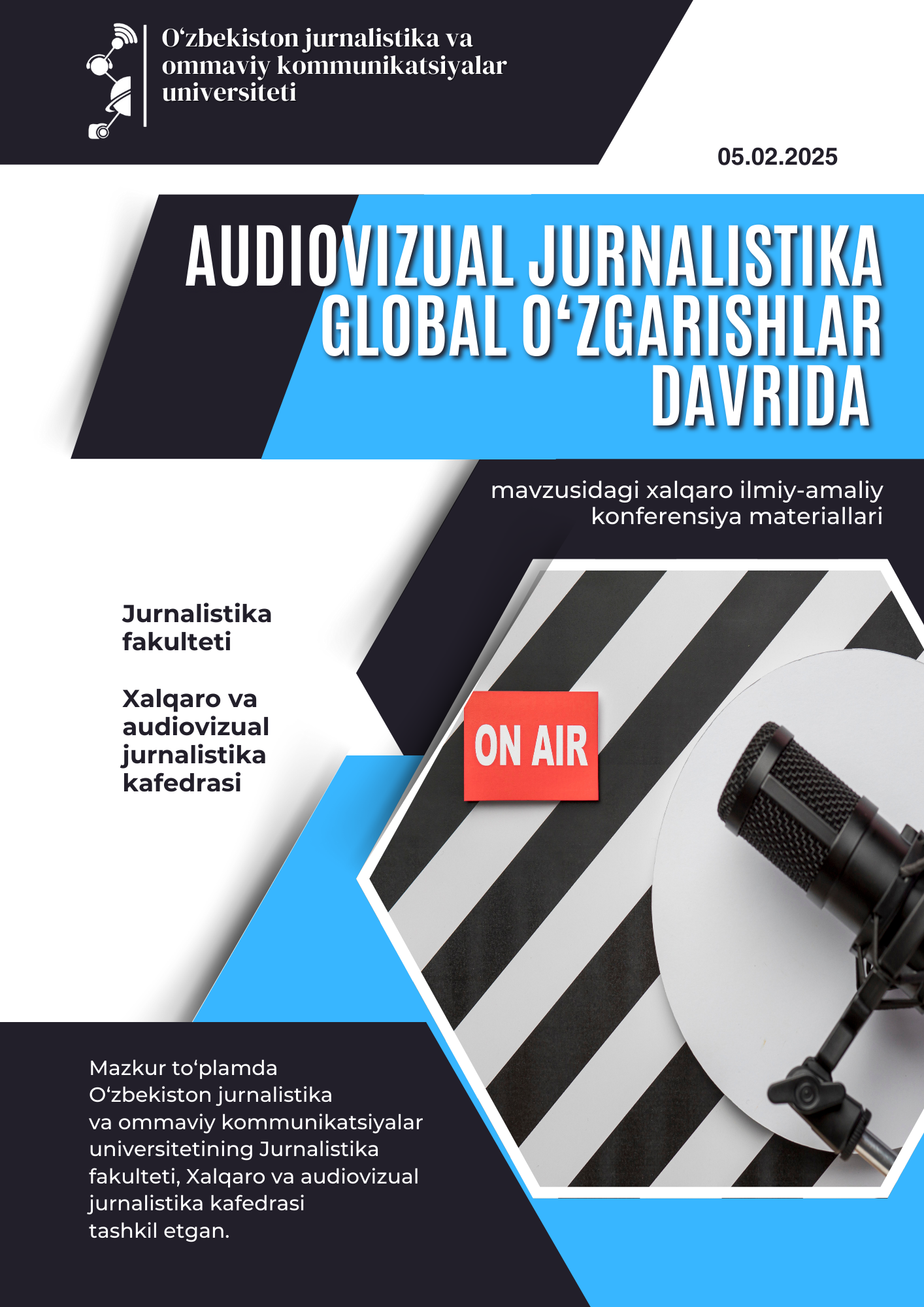Published 2025-02-05
Keywords
- media,
- echo chamber,
- digital age,
- social media platforms,
- cognitive biases
How to Cite
Ömer , A., & Ülhak , ÇIMEN. (2025). ECHO CHAMBER THEORY AND THE MEDIA. INTERNATIONAL SCIENTIFIC JOURNAL OF MEDIA AND COMMUNICATIONS IN CENTRAL ASIA. https://doi.org/10.62499/ijmcc.vi.115
Abstract
This study examines the mechanisms of echo chamber formation, its impact on social networks and possible consequences for people and society. In particular, the focus is on issues such as how algorithms used in social media enhance the echo chamber, the role of cognitive biases in this process, and the impact of social approval on the echo chamber
References
- Al Atiqi, Muhammad (2023). Echo Chamber and Polarization in Social Media An Agent-Based Modeling Approach, Singapore: Springer.
- Di Benedetto, Andrea, Wieners, Claudia E., Dijkstra, Henk A., Stoof, Henk T.C. (2023). Media preference increases polarization in an agent-based election model, Physica A: Statistical Mechanics and its Applications, Volume 626, 2023.
- Donkers, Tim, Ziegler, Jürgen (2023). De-sounding echo chambers: Simulation-based analysis of polarization dynamics in social networks, Online Social Networks and Media, Volumes 37–38.
- Jiang, Julie, Ren, Xiang, Ferrara, Emilio (2021). Social Media Polarization and Echo Chambers in the Context of COVID-19: Case Study, JMIRx Med, Volume 2, Issue 3, 2021.

